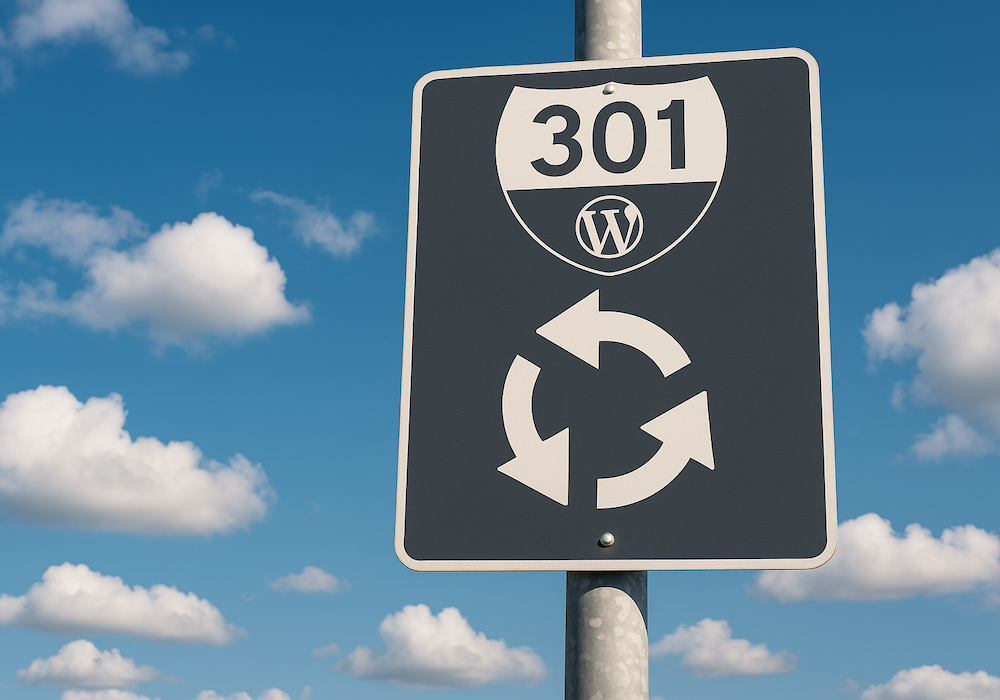Resolving Unexpected WordPress Redirects
I ran into some odd redirect behavior in WordPress and went down the rabbit hole trying to figure it out. This post covers what I discovered, what worked, and what might be worth checking if you're hitting something similar.
0 Comments
May 14, 2025

